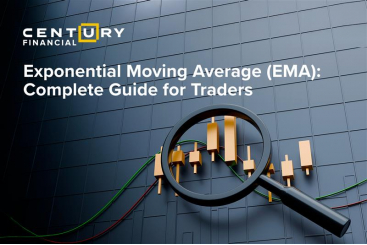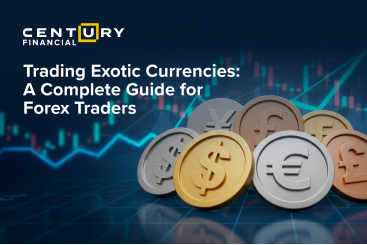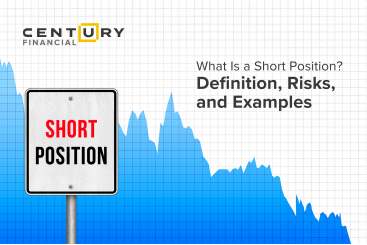

Contract For Differences (CFDs), a form of derivatives trading, is extremely popular among FX and commodities traders looking to invest in the very short term. As a derivative, it is a contract based on the prices derived from the underlying market and not the underlying market itself. It means a contract is agreed upon to pay the difference in the price of the underlying market, which could include a share, cryptocurrency or fiat currency pair, index, commodity, etc.

How does CFD trading work?
Well, the way it works is really quite simple. In CFD trading, an agreement is struck between a trader and a broker. Now, while researching, if a trader feels a particular market's value is likely to rise, then the said trade will open a position to buy CFDs of that particular market. It means they are going long, and when the underlying asset price rises, the trader makes a profit. In the same way, traders can go short if a trader believes the asset's value is dropping.
However, if a trader gets their prediction about the market wrong, they will need to bear the losses. The profit or the loss is tallied between the asset price at the beginning and the end of the contract.
So, let's learn why traders love CFDs and why they should be careful.

Leverage

A great facet of CFD trading is that the capital invested can go further. After all, a trader is only depositing a fraction of the trade to open a position. This deposit is known as a margin. As to how much you will have to deposit is dependent on your position size and the margin factors for that particular market. Take for instance, Bank of America has a margin factor of 10%, then for the entire trade, your margin is likely to be 10%. So, if a position is worth $1000, then you would need to deposit $100,

Going short
As CFDs consist of agreements between the opening and closing price of positions based on exchange difference, it is much more flexible than other forms of trading like forex trading, commodity trading, stock trading, etc. It gives you an opportunity to make trades of markets that are going up as well as down.

Trade a huge range of markets
When you use CFDs, you are given an opportunity to trade in a variety of markets, including shares, commodities, indices, cryptocurrencies, forex and more. Plus, you are not constrained by time and can trade in some markets outside their usual trading hours.
Underlying market similarity
The way CFDs are designed is to reflect the trading environment of the underlying market. Say you were to buy Pepsi share CFDs; it would be the same as buying shares in Pepsi. The only difference here is that your position is adjusted, and you don't receive shareholder privileges if you have owned the shares.

Leverage
In a twist of fate, the very same thing deemed as its key advantage is its main drawback. When you use leverage, you make a small deposit for a large exposure. Once your position is leveraged, you boost your potential profits as well as your losses. If the market goes against you, you will either need to deposit more funds or close positions fully or partially and be exposed to heavy losses. That is why it is vital to do your own research and follow smart money management techniques.

Overnight fees
Here we are talking about the interest a trader has to pay for holding a leveraged position overnight. The calculations are made on the CFD value, and as long as your position is open, it will be deducted. Additionally, there is no set price for different markets, and it is dependent on various shares, indices, currency pairs, commodities and cryptocurrencies.
Lack of ownership
CFDs are all about speculating on price changes, and as such, they are a less robust option when one compares them to conventional stock trading. After all, owning a stock entitles you to voting rights and potential dividends.
CFDs can be highly advantageous financial instruments when proper research is done, and adequate capital is in place. So, before you embark on trading CFDs, consider these inherent pros and cons.
This marketing and educational content has been created by Century Financial Consultancy LLC (“Century”) for general information only. It does not constitute investment, legal, tax, or other professional advice, nor does it constitute a recommendation, offer, or solicitation to buy or sell any financial instrument. The material does not take into account your investment objectives, financial situation, or particular needs.
The opinions expressed by the hosts, speakers, or guests are their own and may change without notice. Information is based on sources we consider to be reliable; however, Century does not guarantee its accuracy, completeness, or timeliness and accepts no liability for any loss arising from reliance on this content.
Trading and investing involve significant risk, and losses may exceed initial deposits. Past performance is not indicative of future results. CFDs and other leveraged products are complex instruments that may not be suitable for all investors. Please ensure you understand how these products work, the associated risks, and seek independent professional advice if necessary.
Century is licensed and regulated by the UAE Capital Market Authority (CMA) under License Nos. 20200000028 and 301044.
Please refer to the full risk disclosure mentioned on our website.




__1439480927.jpg)




.png)
.png)
.png)
.png)


